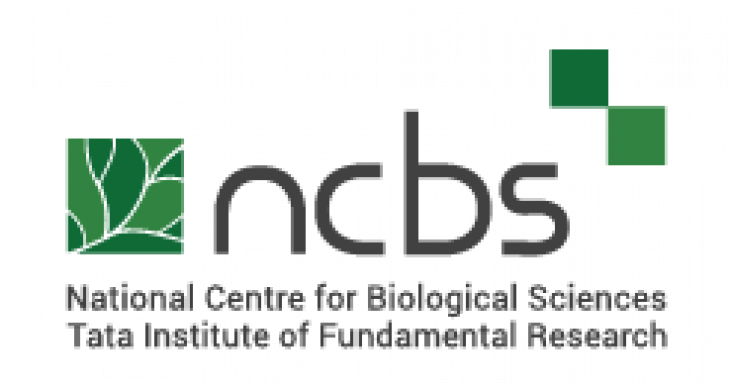-
Workshop on endangered ‘Snow Leopard Population Assessment in J&K" inaugurated
A workshop organised on snow leopards included training from experts at IME, NDF, JU, WWF, NCF, and NCBS.
-
NCBS welcomes new faculty member: Swadhin Chandra Jana
The National Centre for Biological Sciences is delighted to welcome Swadhin Chandra Jana, who joins the NCBS as its newest faculty member.
Swadhin is a cell and developmental biologist fascinated with the molecular mechanisms underlying the assembly, functioning and homeostasis of macromolecular complexes and cellular organelles. He joins the NCBS from the Instituto Gulbenkian de Ciência (IGC)- Portugal (PT), where he holds a Principal Investigator position (on a Research Grant funded by Fundacao Ciência e Tecnologia-PT), since autumn 2018.
-
Listening to the stories of our people, lands and waters
First Chair ready to foster History and Culture of Science at NCBS
-
Knowing the ways of the coffee white stem borer
Prof. Olsson and a team of researchers have been studying the coffee white stem borer. Their aim is to study the insect and the way it approaches various plants and its response to plant volatiles so that a ecologically derived management strategy can be worked out. According to her, historically, it has been noted that the beetle attacks only arabica unless the area is heavily infested. However, recent studies by the team, published in the journal Frontiers in Ecology and Evolution, have shown that this is not because the beetle is more attracted to one variety than the other.
-
Less-sensitive rapid antigen tests too can yield good results, says a new study
Using computational models, an Indian research team has showed the amount of testing mattered more than the sensitivity of the tests used
The paper authored by Philip Cherian and Gautam Menon of Ashoka University and Sandeep Krishna of NCBS appeared in the journal PLoS Computational Biology on Thursday.
-
Press Statement: Further response to Ramesh Lab paper retraction case
This is a follow up to a press note released by NCBS on July 6th. We have received a number of requests for further clarifications.
-
Retraction of paper from Arati Ramesh Lab at NCBS
On October 5, 2020, Bandhopadhyay et al. published “Discovery of iron-sensing bacterial riboswitches” in Nature Chemical Biology. The publication was announced in an NCBS press release dated October 6, 2020. Soon after publication, attention was drawn by readers on the website PubPeer to suspicious features in certain images in the paper. These concerns were immediately communicated by senior author Dr.
-
What Does Big Data Have to Do With Wildlife Conservation?
All mammals, for example harbour between 2 to 3.5 billion bits of data in every one of their cells.
















